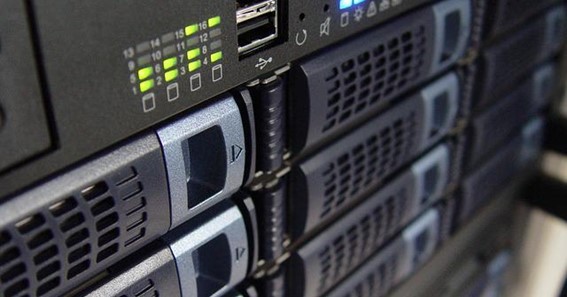A primary component of an organization’s technical functionality is a server. It plays a vital role in that they hold critical informatics and sensitive data, both of which companies compare to precious metals, and the cybercriminals gain the designation as “miners,” so to speak. Find out what a computer server is at https://helpdeskgeek.com/featured-posts/hdg-explains-what-is-a-computer-server/.
When businesses don’t invest in adequate security measures, not only is the company vulnerable, but the colleagues and the consumers who do business with them are at risk for data breaches. When a data loss cripples a company, its capacity or control as an organization flounders with much difficulty in reclaiming that initial status, if at all.
click here – A Guide on How Reverse Mortgages Work
Investing in the best security software or outsourcing the security services for your business is vital to ensure optimum resistance against threats. What are some server security tips to help your company stay up-to-date with its measures? Let’s review a few suggestions.
What Are Safety Tips For Your Company’s Server
An organization’s server is the primary storage for sensitive data and crucial informatics. A priority for the business budget is investing in adequate security to ensure the protection of the details safely within this equipment. A loss of data, a breach, has the potential to devastate a company, something most don’t have the resilience to bounce back from.
A consumer’s data is precious, and it is in the corporate world along with all of their intellectual property; hackers find it as much so and will do whatever is necessary to obtain it. While you might have sophisticated security, the cybercriminal works tirelessly to attempt to be one step ahead.
That means you need to work harder to have the most up-to-date system protecting your server. Check out a few tips for the best practices relating to server security.
-
Constant upgrades are mandatory
The server operating systems, along with the varied software technologies, are exceptionally intricate, often disallowing keen awareness of security vulnerabilities, leaving these outstanding in current and upgraded variations.
Hackers work diligently to establish innovative techniques for gaining access. Still, the cybersecurity experts and vendors do their due diligence to stay ahead, securing the server systems and software as much as possible.
If a “loophole” is found, efforts are made to rapidly correct the issue and release an update to the market. It’s the responsibility of the company to install the update immediately upon release, but you will remain vulnerable until that is complete.
-
File backups
There should always be file backups along with a “restoration strategy.” The expectation needs to be that the hacker will be successful with a server breach, and you need a plan in that event. That backup file could be your saving grace. With regular backups, your informatics gives you the opportunity to reclaim the resources the server lost once the breach occurred.
As a business leader, it’s critical to put much forethought into where the backup files will be stored. These can be on the cloud or local. The cloud deems a much safer option. Go here for tips on managing particular servers with greater efficiency.
click here – How to Accrue Expenses
-
Limited Access
In most cases, user access can be specified to a particular individual designated by the business. It’s wise to keep the list restrictive. The access privileges can be further streamlined to define where the individual can travel within the system. They can get into the files, networks, directories, or varied other elements within the server.
By filtering the control, unintended or deliberate breaches can be reduced or avoided. As an example, If you limit the capacity for users to modify data and files, this integrity can be retained.
It’s not necessary to give all staff access to every company resource. If server resources are not needed for a staff member’s job fulfillment, that person should have no access. Often, the worst breaches come from those within the company who were given privileged access.
-
Password protected
The best practices should be used with password protection for server security. All users with access to the server need to follow the rules and policies on passwords that the company establishes. That will include a minimum character length, complexity guideline, multi-factor authentication, and an inactivity timeout.
Passwords should be set to a specific expiration timeline for a mere few months, with safe storage of passwords encouraged for all users, so there’s no fear of the wrong people gaining access.
Final Thought
Whether you’re a new business just starting with a server to set up for the first time or an established organization, security should be a priority in the budget and kept current each time a new upgrade comes onto the market.
Not only is the company’s data a precious commodity, but the informatics about your colleagues and consumers is invaluable. The greater your security measures, the safer everyone will be.
